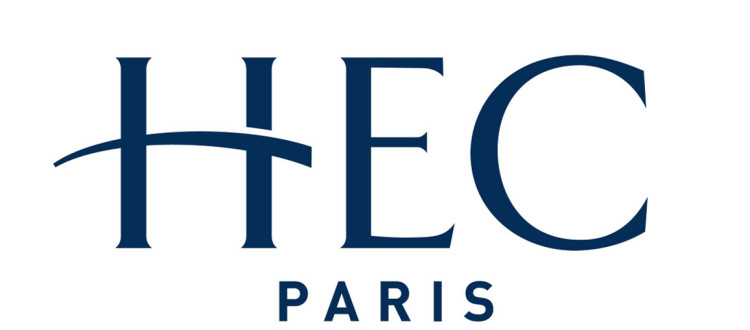- Learning
Educating Executives to Change the World
HEC Paris’s ‘Tomorrow is Our Business’ campaign highlights the key themes for transformative business education
In today’s world of rapidly advancing technology and mobile talent, economic evolution is faster and deeper than ever. The IMF’s 2018 World Economic Outlook report confirms that the economic upswing that began around mid-2016 had become broader and stronger and projects further growth at least over the next two years.
However, despite many strengths, there are problems. Advanced economies face serious structural challenges: aging populations, widening social inequality, slowing output growth, ensuring the right mix of industries performing at a high enough level to create sustainable prosperity, and preparing for the coming era of artificial intelligence. On top of this, geo-political tensions, threats to free trade, and the rise in populism have cast doubt over the ability of democratic capitalism to face the challenges ahead.
More than ever it is the business community that must rise to the challenge of economic transformation and it is the quality of business leadership that is critical. A new initiative from HEC Paris is very much focused on this.
In a new campaign to highlight its position as one of the foremost business schools in the world, HEC Paris presents a vision, ‘Tomorrow is Our Business’, which is anchored in business and the future. As a developer and educator of the leaders of tomorrow’s business, the school is ideally placed to reinvent and direct this unprecedented transformation, taking on board everything tomorrow’s business will be made of: innovative business models, strengthening of social and responsible approaches, and changes related to digital transformation.
The campaign features a series of portraits of HEC Alumni, who are leaders or creators of companies which have a positive impact on business and society. In each portrait one of these leaders asks a question, relevant to their experience, that epitomises an aspect of transformational change that can and should be driven by the business community:
What if business could bring social justice? Emmanuel Faber, Chairman and CEO of Danone, HEC 1986
How about reinventing what has just been invented? Fidji Simo, Vice President of Facebook, HEC 2008
What if we strengthened businesses with women? Mercedes Erra, founder of BETC, HEC 1981
What if we made people the future of high-tech? Hubert Joly, CEO of Best Buy, HEC 1981
What if startups were Africa’s next resources? Christian Kamayou, founder of MyAfricanStartup, HEC 2000
What if cool underpants could create local jobs? Guillaume Gibault, founder of Le Slip Français, HEC 2009
The campaign also features a 45-second film which immerses viewers in the school’s world and references the school’s historic motto, Apprendre à oser/Learn to dare, as an invitation to adopt a daring spirit which can change the world. HEC says that “The ‘Tomorrow is Our Business’ campaign can be interpreted as a whole which complements and enriches, with budding students (in the film), and leading personalities (in the portraits), embodying new values which they offer to our society.”
ARTICLES YOU MIGHT LIKE
VIEWPOINT
emlyon business school’s custom-training program director, Gilles Basset, reveals the potential for generative AI to improve executive education programs
DEVELOPING LEADERS QUARTERLY MAGAZINE AND WEEKLY BRIEFING EMAILS

































